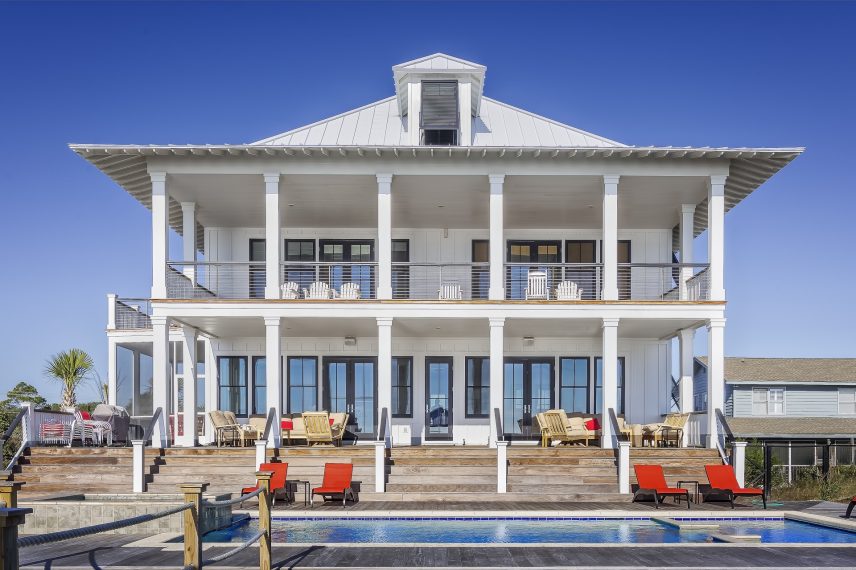Buying your first home is a major milestone, however, there are a few points to carefully consider from both a financial and personal perspective to ascertain if you are really ready.
“Buying your first home is very exciting but is not always a straight forward decision as it requires you to be in a sound position with your own finances, have a good grasp of the increase in expenses as well as the additional responsibility that comes with owning a property,” says Dr Simphiwe Madikizela, head of special projects at FNB Housing Finance.
Below are six signs that indicate you are on the right track to buying your first home.
Your income is consistent
To be in a good position to buy a home, you will need to demonstrate that your income is regular and that it is likely to stay that way.
“We will base the loan amount on the expected monthly income you receive,” says Madikizela. “This means that for a person with a fixed monthly salary, the ‘take home’ pay is the same every month and the bank may take this entire amount into consideration.”
If you are a commission earner, or receive income on an irregular basis such as overtime, banks will use the average income over the last few months, with a minimum of three months.
You know how much you can afford
An affordability assessment is vital to the home loan process, as it will determine what the bank grants as the final home loan amount.
“Everyone wants to show that they earn enough income to afford the house they want, you also need to be realistic about what you can actually afford,” says Madikizela.
It is a good idea to use tools that will give you an indication of what you will be granted, such as FNB Property Leader forestimates. In order to determine a final bond amount the bank will use your income as well as your credit and living expenses to perform an affordability assessment.
You have a good credit record
The best way to save is to have a good interest rate granted on your home loan.
“The only way to do this is to prove to financial institutions that you are a reliable customer who has a low risk of defaulting,” says Madikizela. “This means cleaning up any bad debt you have, repaying your debt commitments reliably and showing that you can save, by having a deposit ready.”
If you don’t have the above in order, it may be worth putting off your home buying aspirations until you improve your affordability and your credit record.
You have budgeted for the increase in living expenses
Along with the bond repayments, your new home will come along with an increase in living expenses.
“There will be expenses that are non-negotiable such as rates and taxes, levies (if your home is in a complex), water and electricity as well home owners cover insurance, which is required when you take out a bond,” says Madikizela.
The list continues if you want to have additional security measures for your home as well as highly advised household insurance for goods.
“As a first time home owner, you may have to make some serious budget cuts and lifestyle changes to ensure that your living expenses are covered,” warns Madikizela.
You have a measure of savings
Home ownership doesn’t come without its fair share of unexpected expenses.
Unfortunately, as a home will always need attention and maintenance, as any issues tend to become worse, and more expensive if left for too long.
“To make sure that you don’t need to take on debt if you need to attend to home maintenance issues, such as damp, paint jobs, a burst geysers or fixing of any small issues you need to have a set amount of savings that can be used to cover these costs,” says Madikizela.
You are settled in your life
Buying is a long term commitment, and it isn’t an easy process to sell a house, which may actually put you on a financial back foot if you have to sell in a relatively short period. So having confidence that you will stay in the same place for at least the near future is advisable.
“If you have your bases covered, spent time necessary time going through your finances and where are you in your life currently, you are probably in a good space to start house hunting,” concludes Madikizela











